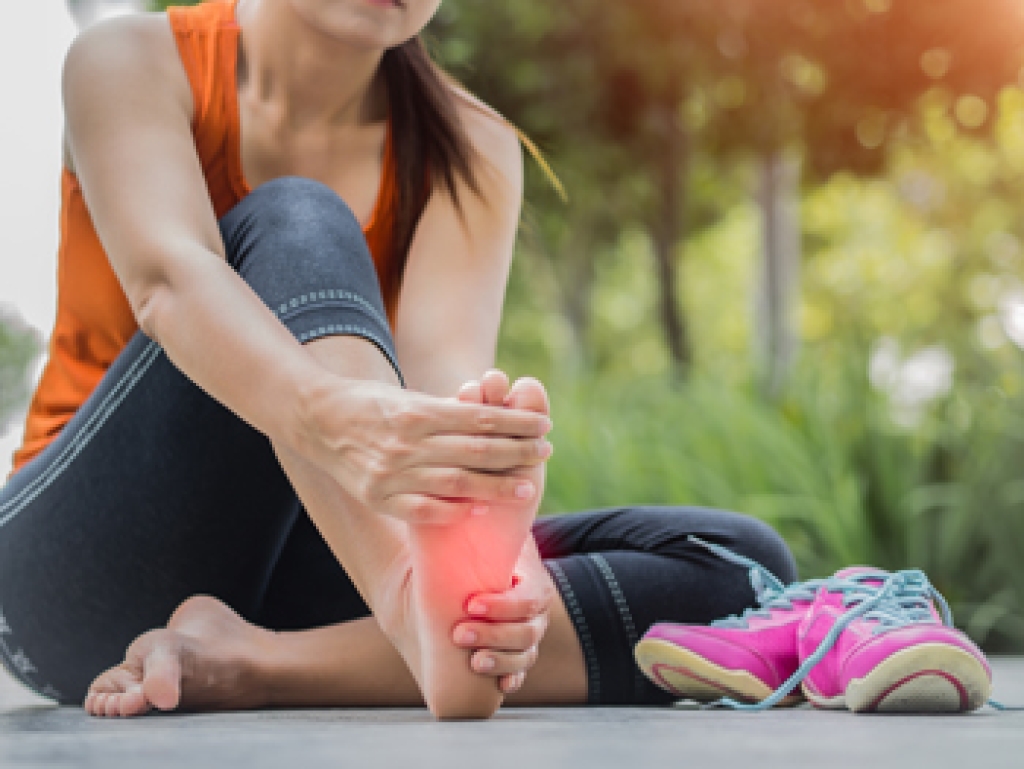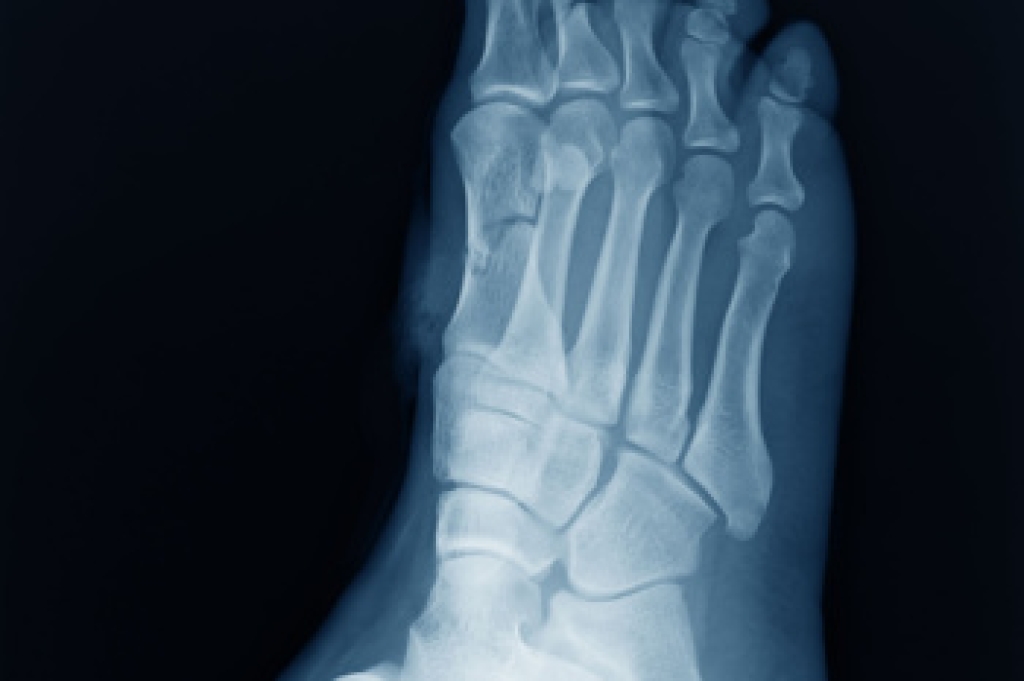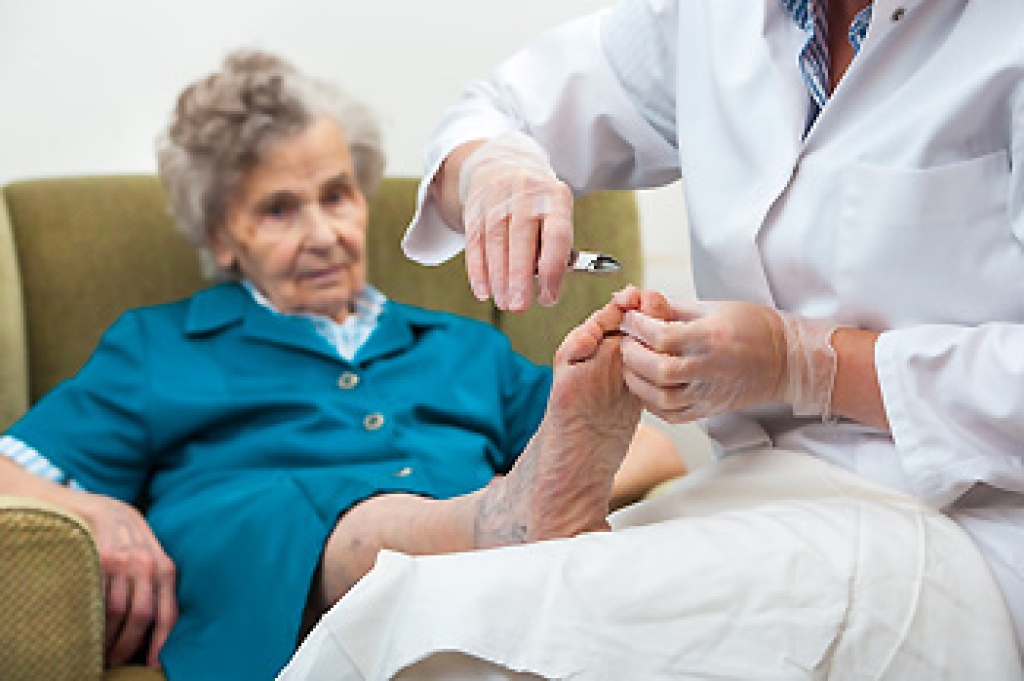
Foot pain is common in runners and can affect performance and daily comfort. Frequent causes include plantar fasciitis, which creates sharp heel pain from irritation of the plantar fascia, and metatarsalgia, a condition that leads to aching or burning in the ball of the foot. Injury stress fractures may also develop from repetitive impact and overuse. Simple stretches, such as the seated towel stretch, can help improve flexibility in the arch and calf, reducing strain during runs. A podiatrist can identify the source of pain, recommend supportive footwear, provide custom orthotics, and guide treatments that promote healthy movement. If foot pain is interrupting your training, it is suggested that you consult a podiatrist who can restore comfort and prevent further injury with effective treatment solutions.
All runners should take extra precaution when trying to avoid injury. If you have any concerns about your feet, contact David K. Morris, DPM of Florida. Our doctor will treat your foot and ankle needs.
How to Prevent Running Injuries
There are a lot of mistakes a runner can make prior to a workout that can induce injury. A lot of athletes tend to overstretch before running, instead of saving those workouts for a post-run routine. Deep lunges and hand-to-toe hamstring pulls should be performed after a workout instead of during a warmup. Another common mistake is jumping into an intense routine before your body is physically prepared for it. You should try to ease your way into long-distance running instead of forcing yourself to rush into it.
More Tips for Preventing Injury
- Incorporate Strength Training into Workouts - This will help improve the body’s overall athleticism
- Improve and Maintain Your Flexibility – Stretching everyday will help improve overall performance
- “Warm Up” Before Running and “Cool Down” Afterward – A warm up of 5-10 minutes helps get rid of lactic acid in the muscles and prevents delayed muscle soreness
- Cross-Training is Crucial
- Wear Proper Running Shoes
- Have a Formal Gait Analysis – Poor biomechanics can easily cause injury
If you have any questions, please feel free to contact our office located in Plantation, FL . We offer the newest diagnostic and treatment technologies for all your foot care needs.







